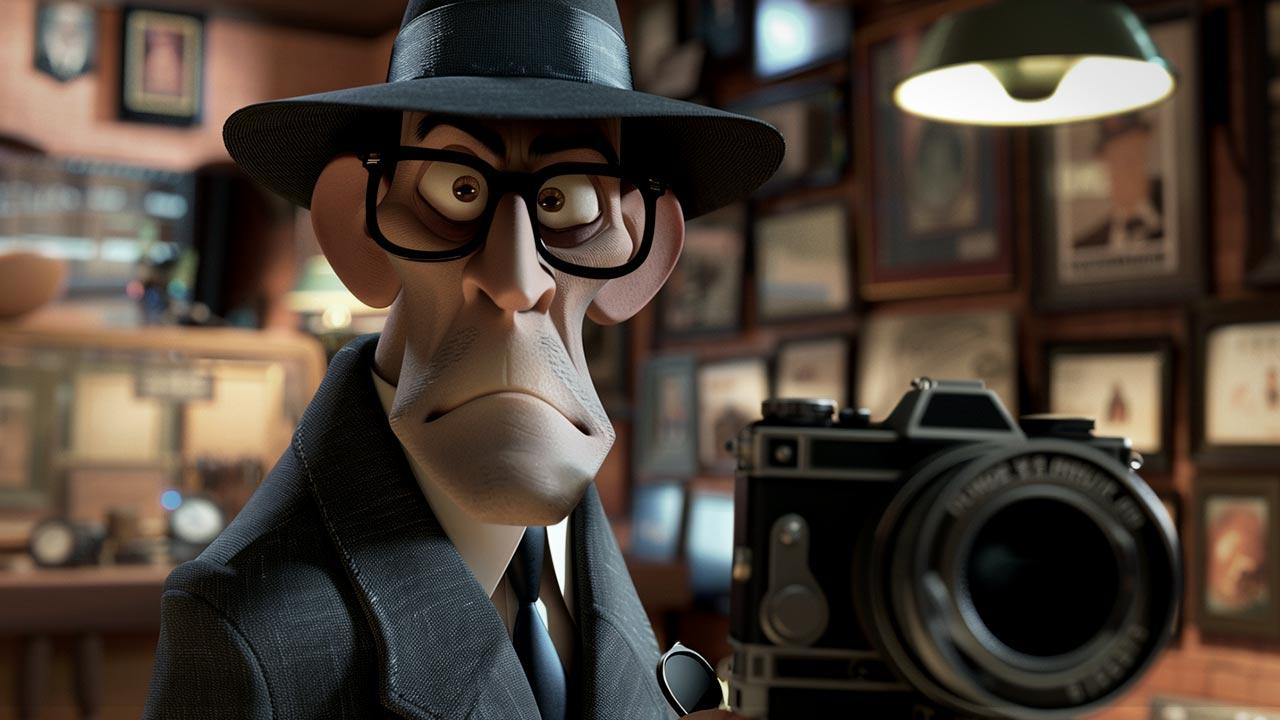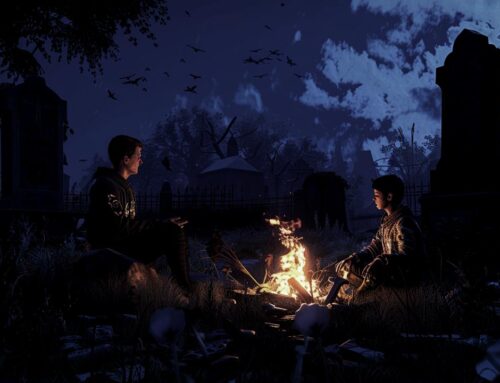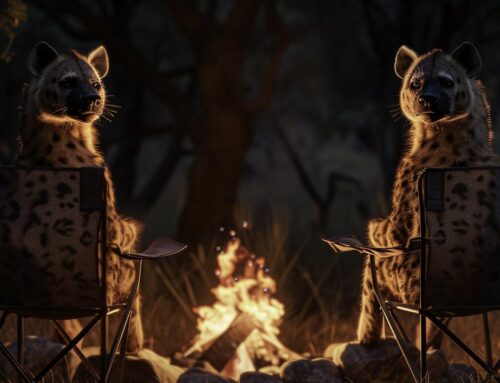Fireside chat with an AI:
AI is poised to significantly disrupt both video production and movie production industries in several key ways, transforming workflows, cost structures, and creative possibilities. Here’s how AI will likely reshape these fields:
1. Automation of Labor-Intensive Tasks
AI can automate many time-consuming tasks, reducing both production time and costs:
- Editing and Post-Production: AI-driven tools like Adobe’s Sensei or Runway’s AI can automatically edit footage, suggest cut points, or color-grade videos. This will reduce the need for manual editing and post-production work.
- Visual Effects (VFX): AI can generate complex VFX faster and with less human intervention, democratizing high-quality special effects that once required large teams and expensive software.
- Animation and Motion Capture: AI can assist in generating realistic animations, even allowing non-professional actors to contribute to motion-captured scenes. AI is also making headway in generating realistic facial expressions and body movements.
2. Lowering Barriers to Entry
AI-powered tools will lower the technical barriers and financial costs, allowing smaller teams and independent creators to produce professional-quality content:
- AI-Assisted Cameras and Drones: Smart cameras and drones powered by AI can help shoot more dynamic, cinematic scenes with automated tracking, focus, and movement, making it easier for smaller production teams to get high-quality shots.
- AI for Scriptwriting and Storyboarding: AI can help generate scripts, suggest storylines, or even create entire plot arcs based on given inputs. This reduces the initial creative barrier and gives more people access to content creation.
3. Personalized and Interactive Content
AI will enable a shift toward more personalized and interactive video experiences:
- Personalized Viewing Experiences: With AI, video content can be adapted to different audiences. For instance, AI can create multiple versions of the same movie, slightly adjusting scenes, dialogue, or pacing to suit different viewers’ preferences.
- Interactive Films: AI-driven narratives, where viewers’ choices affect the storyline in real-time (like Netflix’s Black Mirror: Bandersnatch), will likely become more prevalent. AI can dynamically generate new branches of a story based on audience feedback or data patterns.
4. AI-Generated Characters and Voices
AI-generated characters, voices, and performances are another frontier:
- Deepfake Technology for Actors: AI can recreate actors’ likenesses digitally, allowing filmmakers to feature performances from actors who are unavailable, or even deceased. This raises ethical concerns but also presents creative opportunities for filmmakers.
- Voice Synthesis and Dubbing: AI voice synthesis can create lifelike voiceovers, eliminating the need for voice actors in some cases. This could also revolutionize international dubbing, automatically translating and synchronizing speech in different languages.
5. AI in Pre-Production and Production Planning
AI can optimize various stages of the filmmaking process:
- Pre-Production Optimization: AI tools can assist with scheduling, budgeting, and logistics planning, reducing the administrative burden of producing films and videos.
- AI for Casting and Audience Insights: AI can analyze audience data to suggest casting choices and even predict how well certain actors or storylines will resonate with target demographics.
6. Impact on Creativity and the Role of Filmmakers
AI could change the role of filmmakers and content creators:
- Enhanced Creativity: AI can serve as a creative partner, offering new story ideas, suggesting shots, or even assisting in creating unique visual effects. This allows directors and producers to focus more on the creative vision while AI handles technical details.
- New Forms of Content: Entirely AI-generated films or content, where algorithms create scripts, animations, and performances, are becoming a reality. While human creativity will still drive the vision, AI could lead to new types of artistic expression.
7. Disruption of Traditional Business Models
AI will disrupt existing business models in several ways:
- Cost Reduction: By reducing the number of human hours required for production, AI will drive down production costs, potentially making Hollywood-style production values accessible to more creators.
- Streamlined Production: With faster production cycles, studios and independent filmmakers can release more content at a lower cost, possibly flooding the market with content and creating a highly competitive environment.
8. Ethical and Legal Concerns
The use of AI in video and film production raises various ethical and legal concerns:
- Intellectual Property (IP) Issues: As AI creates more content, the question of IP ownership for AI-generated works will need to be addressed. This will reshape contracts, royalties, and profit-sharing models.
- Job Displacement: As AI takes over more roles, particularly in editing, VFX, and voice acting, there could be significant job losses in the industry, leading to calls for regulation or protection of certain job roles.
Conclusion
The integration of AI into video and movie production will redefine how content is made, who can make it, and the types of stories that are told. While AI opens new doors for creativity and efficiency, it also introduces challenges related to ethics, job displacement, and the future of human-led creativity in an increasingly automated industry. Those who embrace these changes will likely thrive, while traditional methods may struggle to compete in this rapidly evolving landscape.









Leave A Comment